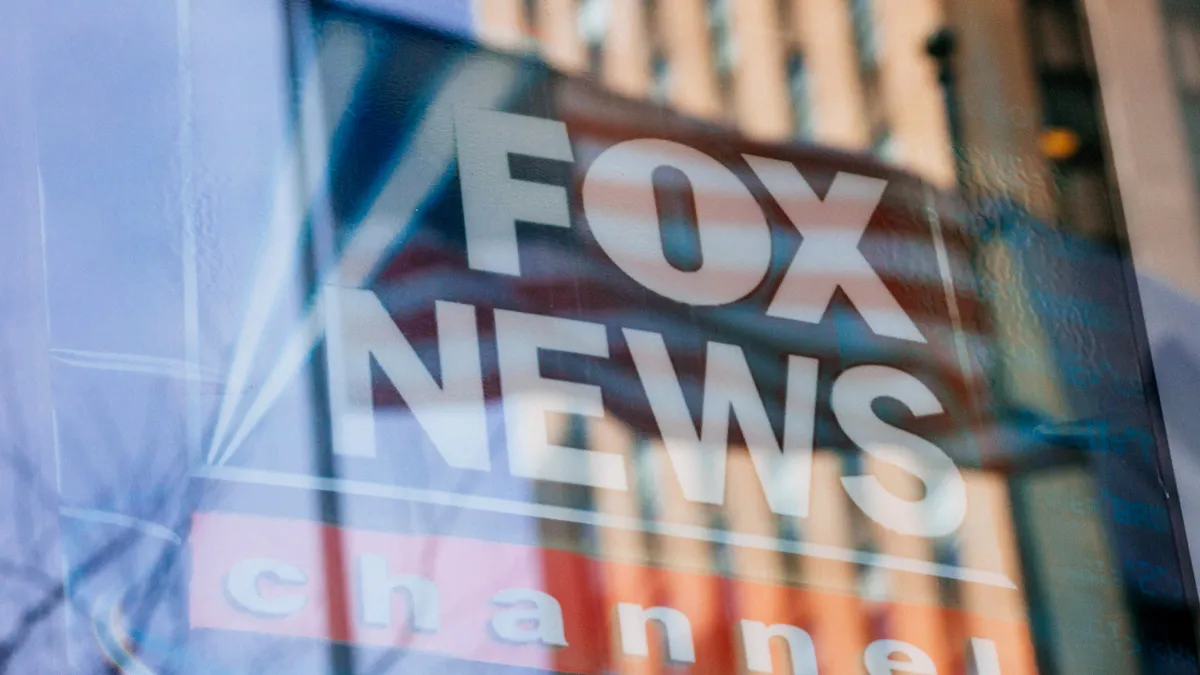Pretrial rulings by Delaware Superior Court Judge Eric Davis that prevented Fox News from making key arguments and discovery rules that gave Dominion Voting Systems access to embarrassing, but irrelevant, internal communications handicapped the network’s defense before its defamation trial started earlier this year, Fox’s outgoing chief legal officer Viet Dinh said at a Harvard Law forum this week.
Dinh, who was widely criticized for his legal strategy going into the landmark trial, insisted the network would have prevailed on appeal because the judge’s mistakes went beyond reversible error.
“At some point, it … called into [question] the fundamental fairness and integrity of the Delaware civil justice system,” Dihn said, according to reports on his remarks at Harvard, where he attended law school.
The Delaware Superior Court declined to comment about Dinh’s remarks.
Hamstrung defense
Fox ended up making a “business decision” to settle for $787 million the day the trial was to start to spare “three to four months of utter pain” for the company and its employees, Dinh said.
Dinh believed going into the trial, and continues to believe, the network was protected on First Amendment grounds. But, as he saw it, the company was faced with the prospect of going into the trial with one hand tied behind its back because of pretrial rules the judge set in March as part of his ruling against summary judgment, which both sides sought.
In his Harvard remarks, Dinh didn’t go into detail on the rulings, but reports on the judge’s decision to go forward with an April trial suggest there were two rules in particular that hurt Fox’s defenses.
In the first, there would be no looking at whether the claims of Dominion switching votes in favor of Biden were true or not. Going into trial, it was considered settled fact that Dominion had not switched votes. Because of that, Fox News hosts, whenever they entertained someone’s assertion that votes had been switched, knew the claims were false.
In the second, Fox couldn’t claim it was protected by “neutral report privilege,” which applies to journalists who pass along newsworthy allegations, or “fair report privilege,” which lets journalists share what is being said at official proceedings.
“The trial judge put us in a situation increasingly where it was very obvious that we were not able to win the trial,” Dinh said.
The judge also allowed Dominion, under the rules of discovery, to collect internal Fox communications that weren’t relevant to the case, giving the company access to material that it knew would excite media coverage should it be made public through filings.
This material, Dinh said, rather than play a role in the legal arguments of the case, was fodder for “naval-gazing journalists” who wanted to “feed the gossip beast.”
It was to stop this “media circus” and protect Fox employees from having to testify over months that it decided to settle, he said.
A few months after its agreement to settle, Fox announced that Dinh would be leaving as CLO but would stay on in an advisory role.
Internally at Fox, there were people who pinned the blame on the network’s costly settlement on Dinh’s belief the case could be won on appeal, according to a New York Times report.
“That [win-on-appeal strategy] informed a series of missteps and miscalculations over the next 20 months,” The Times reported. These missteps included the company’s decision not to settle early enough to avoid the release of damaging private emails and texts from executives and hosts.












